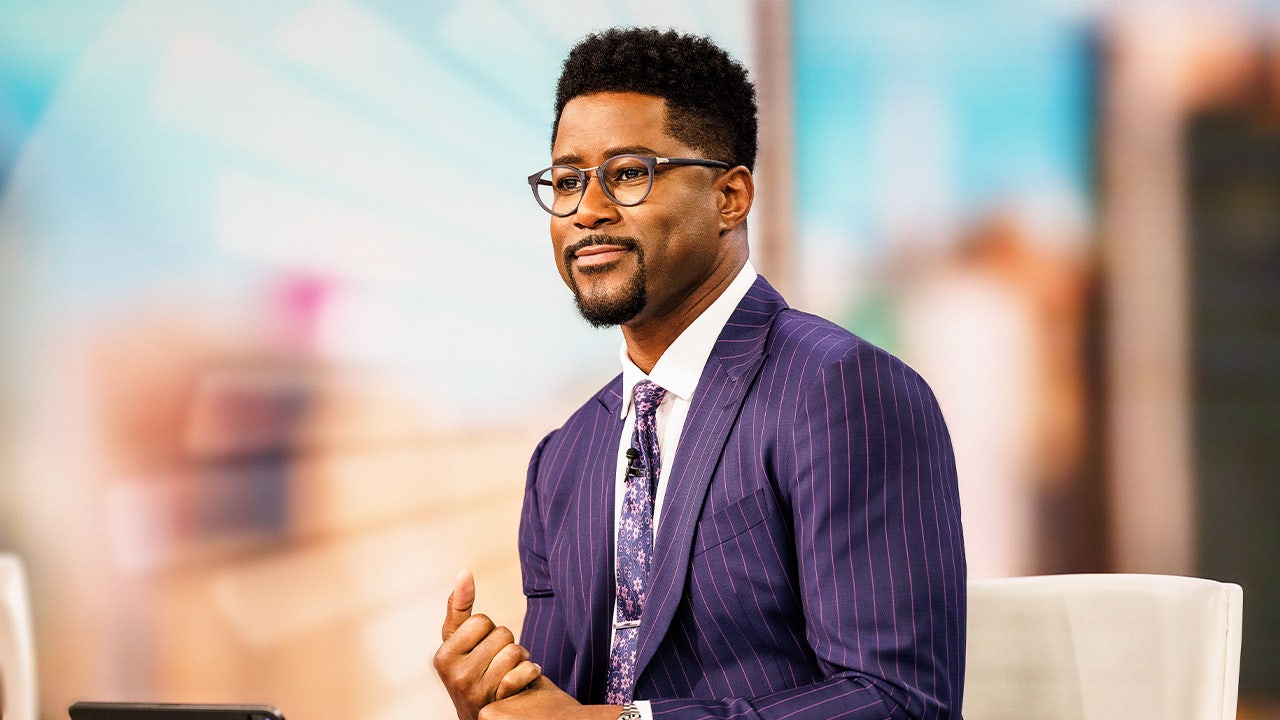Fox News correspondent Eric Shawn revealed on the air on Thursday that he has been diagnosed with 9/11-related cancer, joining nearly 48,000 people now reporting illnesses linked to toxic dust exposure from the World Trade Center attacks.
Shawn made the revelation during Thursday’s live broadcast from Lower Manhattan on the 24th anniversary of September 11th, telling viewers he has “two different diagnoses under the World Trade Center Program” — the federal initiative providing medical care for survivors and first responders.
The veteran journalist suffers from both respiratory problems and cancer directly tied to his reporting work at Ground Zero. His cancer diagnosis came just this year, more than two decades after the attacks.
“Back then, I remember thinking, maybe in 20, 30 years later I’ll get something,” Shawn said during the segment.
“Well, here it is, 24 years.”
The health crisis extends far beyond the original death toll of 2,977 people killed in the attacks. Centers for Disease Control data shows cancer diagnoses among those exposed to the toxic debris have skyrocketed, with nearly 10,000 new cases reported in the past year alone.
More than 3,700 first responders have died since 9/11, including 2,300 from cancer-related illnesses. The New York Fire Department has been particularly devastated, losing 409 members to post-attack health complications.
Shawn emphasized that exposure wasn’t limited to emergency personnel. Anyone south of Canal Street during and after the attacks faced potential contamination from the deadly dust cloud.
“If you were below Canal Street, basically, you were exposed to the dust,” he explained. “I was here reporting on it. That’s what happened with me.”
The correspondent described himself as fortunate compared to others battling more severe conditions, acknowledging he has lost friends to 9/11-related illnesses. His respiratory issues developed into bronchitis before the recent cancer diagnosis.
The World Trade Center Health Program now monitors and treats thousands of people across multiple states, covering not just New York survivors but also those affected at the Pentagon and Shanksville, Pennsylvania crash sites.
Despite his diagnosis, Shawn continues his reporting duties and used the anniversary broadcast to condemn the radical ideology behind the attacks.
“It is a philosophy that basically hates our principles, our freedoms, what our nation stands for,” he said. “That has not diminished — and today, again, we all gather here to remember what was lost.”
The mounting health toll represents a continuing tragedy that extends the September 11th attacks’ impact across decades. As Shawn noted, the toxic legacy affects entire communities who lived and worked in Lower Manhattan during the aftermath.
Medical experts have linked dozens of cancer types to the dust exposure, which contained a mixture of pulverized concrete, asbestos, and other carcinogens released when the Twin Towers collapsed.
Shawn’s revelation highlights how the attacks continue claiming lives through slow-developing illnesses that often don’t manifest symptoms for years or decades after initial exposure.
“We’re all in this together,” Shawn concluded, emphasizing national unity in the face of ongoing health challenges faced by thousands of Americans affected by that September morning.














